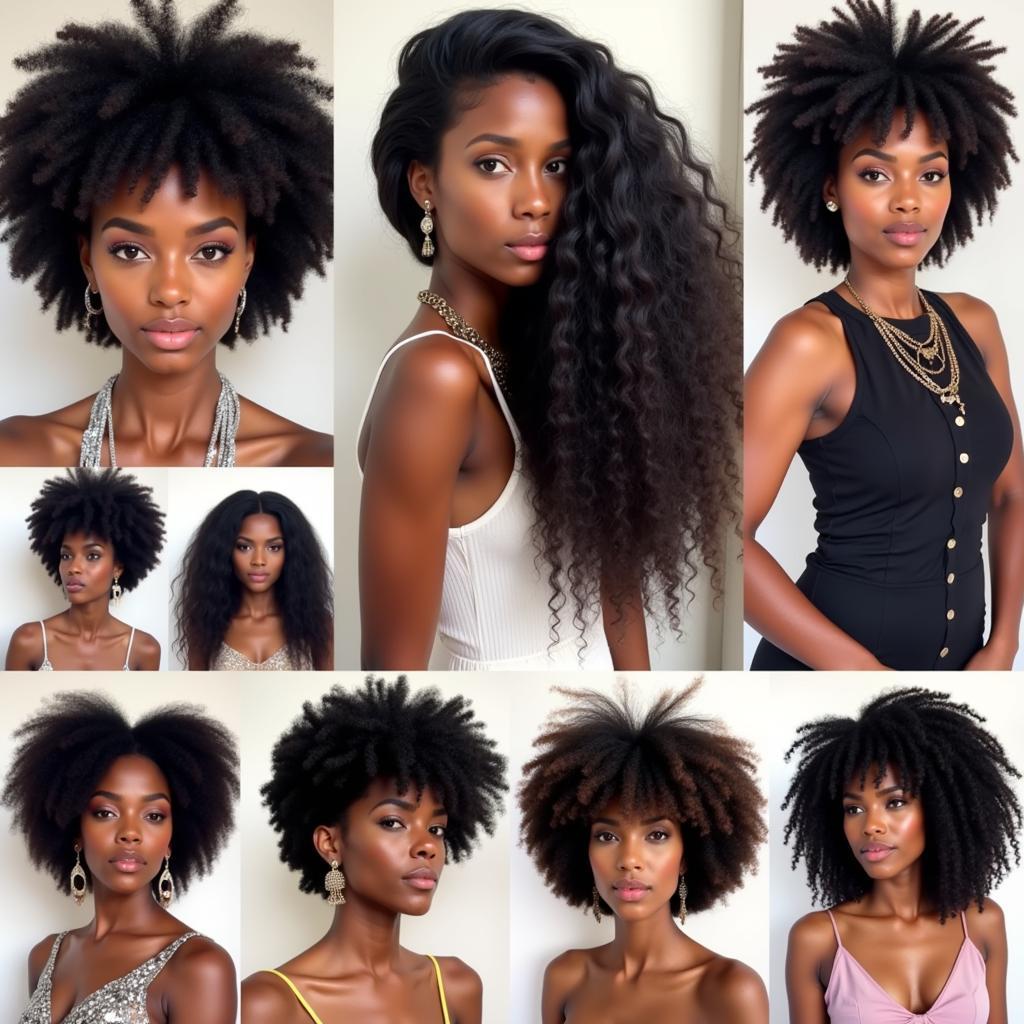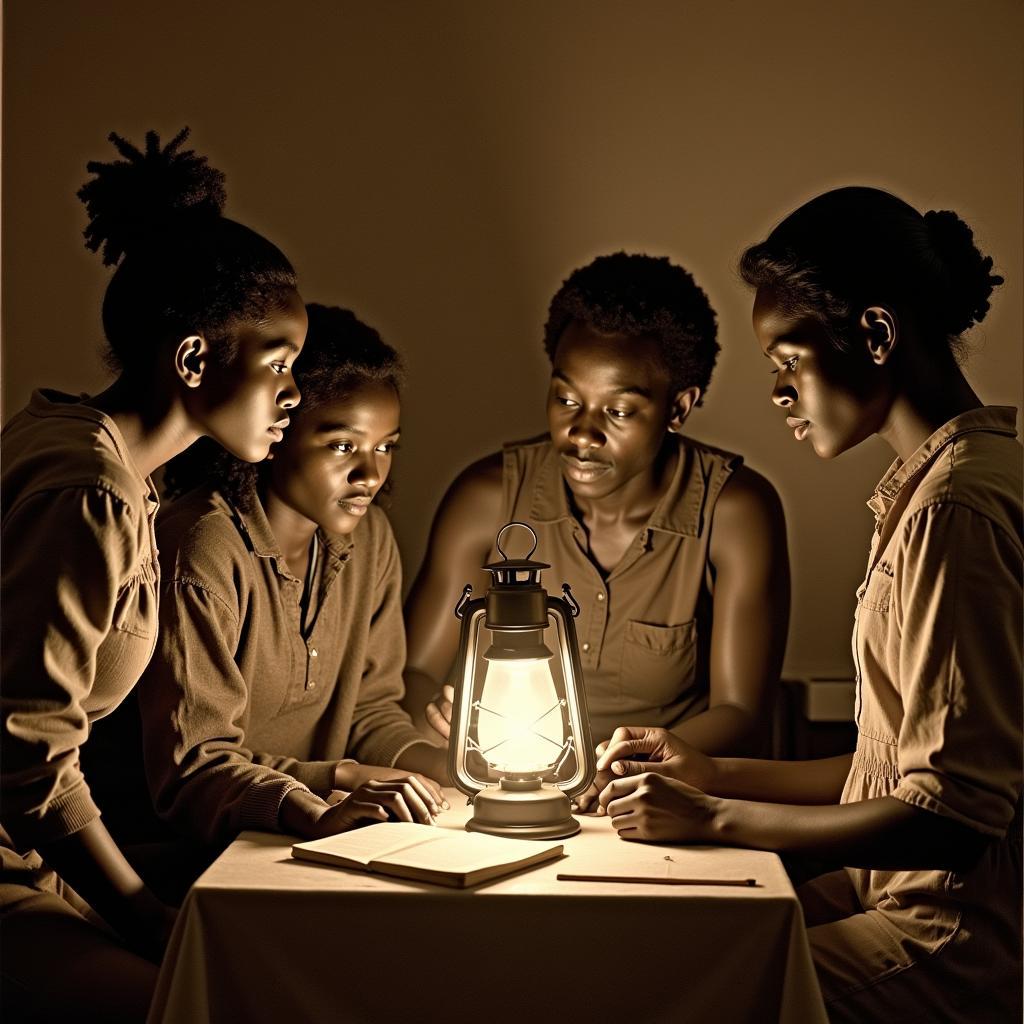The Rhythms of Africa: Exploring the World of African Folk Musicians
The vibrant tapestry of African culture is richly woven with the threads of music, and at its heart lie the captivating melodies of traditional folk musicians. These artists, often rooted in their ancestral traditions and local communities, express the soul of Africa through their unique sounds, instruments, and storytelling. From the rhythmic drumming of West Africa to the haunting melodies of the East, the diverse landscape of African folk music offers a captivating journey through the continent’s rich heritage.
A Legacy of Storytelling and Ritual
African folk music is more than just entertainment; it’s an integral part of daily life, serving as a conduit for storytelling, ritual, and social expression. The rhythms and melodies of traditional songs often convey tales of love, loss, bravery, and the triumphs and challenges of daily life.
“Music is the language of the soul, and in Africa, it speaks volumes. It tells stories of our ancestors, our struggles, our joys, and our dreams.” – Amina Diallo, Ghanaian folk musician
The instruments used in African folk music are as diverse as the continent itself. From the melodious kora of West Africa to the enchanting ngoma drums of East Africa, each instrument possesses its own unique character and story. These instruments, often crafted from natural materials, are not mere tools but sacred objects, imbued with the spirit of the land and its people.
Exploring Different Musical Styles
The musical styles of African Folk Musicians vary widely across different regions and ethnic groups. Here are a few prominent styles:
- Griot Music (West Africa): Griots, traditionally known as oral historians and musicians, play a vital role in preserving West African history and culture. They use instruments like the kora, balafon, and djembe to recount epic tales and celebrate ancestral heroes.
- Highlife (West Africa): Originating in Ghana, Highlife combines traditional West African rhythms with Western influences like jazz and dance music. It’s characterized by its upbeat tempo and use of brass instruments.
- Mbaqanga (South Africa): This energetic genre emerged in South Africa during the apartheid era, fusing traditional Zulu music with Western influences. It features driving rhythms, electric guitars, and often reflects themes of social and political struggle.
- Taarab (East Africa): Originating in Zanzibar, Taarab is a romantic style of music known for its lyrical melodies, Arabic influences, and the use of instruments like the oud, violin, and drums.
The Modern Relevance of Folk Music
In today’s world, African folk music continues to thrive, captivating audiences worldwide and inspiring new generations of musicians. While some traditional genres remain unchanged, others are evolving, incorporating contemporary influences and reflecting the changing realities of African societies.
“The beauty of African folk music lies in its ability to bridge the gap between generations. It’s a tradition that continues to evolve, reflecting the spirit of our times.” – Femi Kuti, Nigerian musician
Frequently Asked Questions
Q1: How can I learn more about specific African folk musicians?
A: There are numerous resources available online, including websites dedicated to African music, streaming platforms like Spotify and Apple Music, and documentaries on cultural channels.
Q2: What is the significance of drumming in African music?
A: Drumming is more than just rhythm in African culture. It’s a form of communication, a tool for storytelling, and a way to connect with the spiritual realm.
Q3: How can I experience African folk music live?
A: Many African countries host festivals and events dedicated to traditional music. You can also find live performances in cultural centers and community gatherings.
Q4: What is the best way to support African folk musicians?
A: Attending live performances, purchasing their music, and sharing their work with others are all effective ways to show your support.
Q5: What are some of the challenges facing African folk musicians today?
A: Challenges include the preservation of traditional instruments and techniques, the impact of globalization on musical styles, and the need to connect with younger generations.
Q6: How is African folk music evolving in the 21st century?
A: Modern artists are reinterpreting traditional music, blending it with contemporary genres, and using their music to address social and political issues.
The sounds of African folk musicians resonate with the soul of the continent, carrying with them a legacy of storytelling, tradition, and resilience. As we delve deeper into this rich musical landscape, we gain a deeper understanding of the spirit of Africa and its people.

